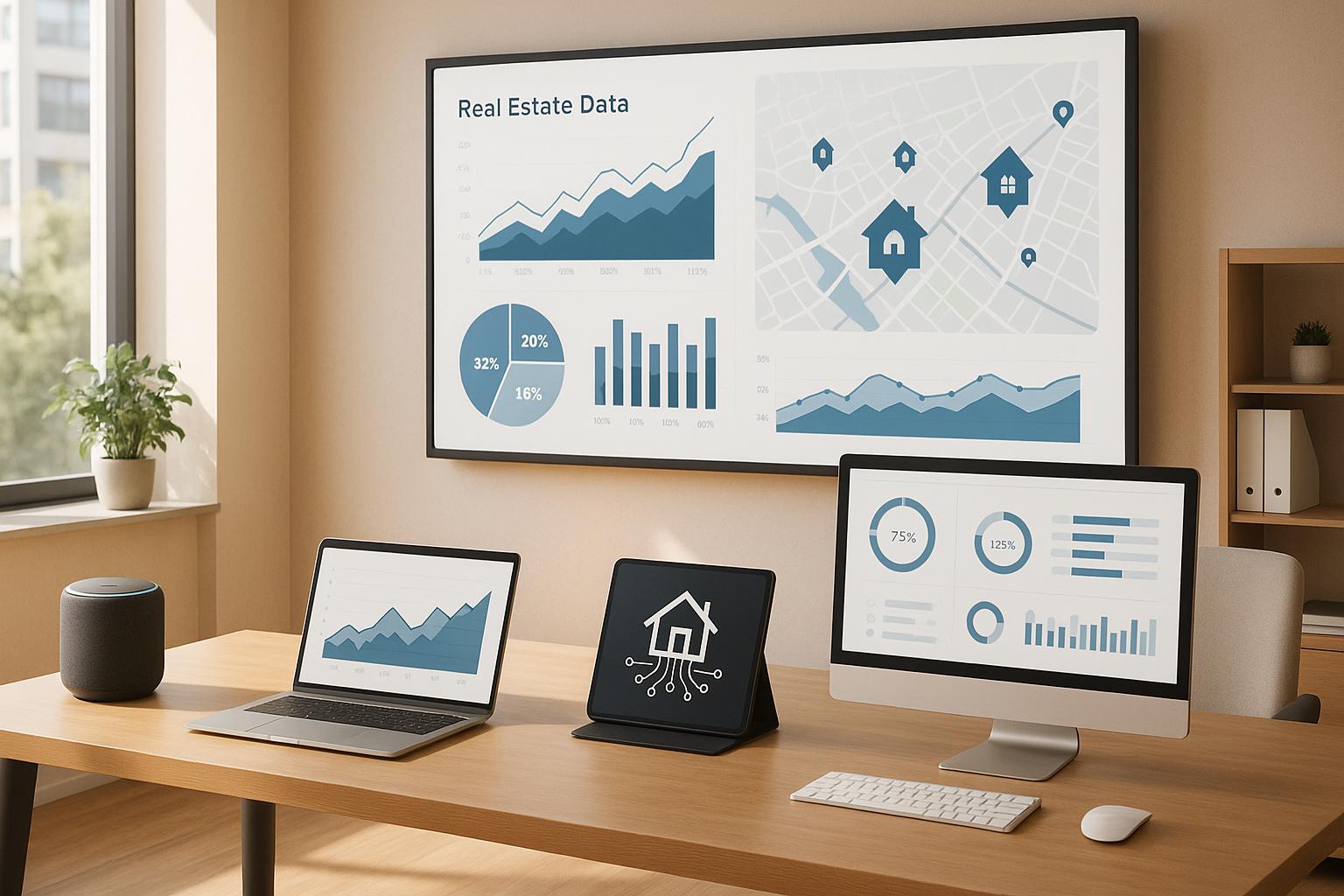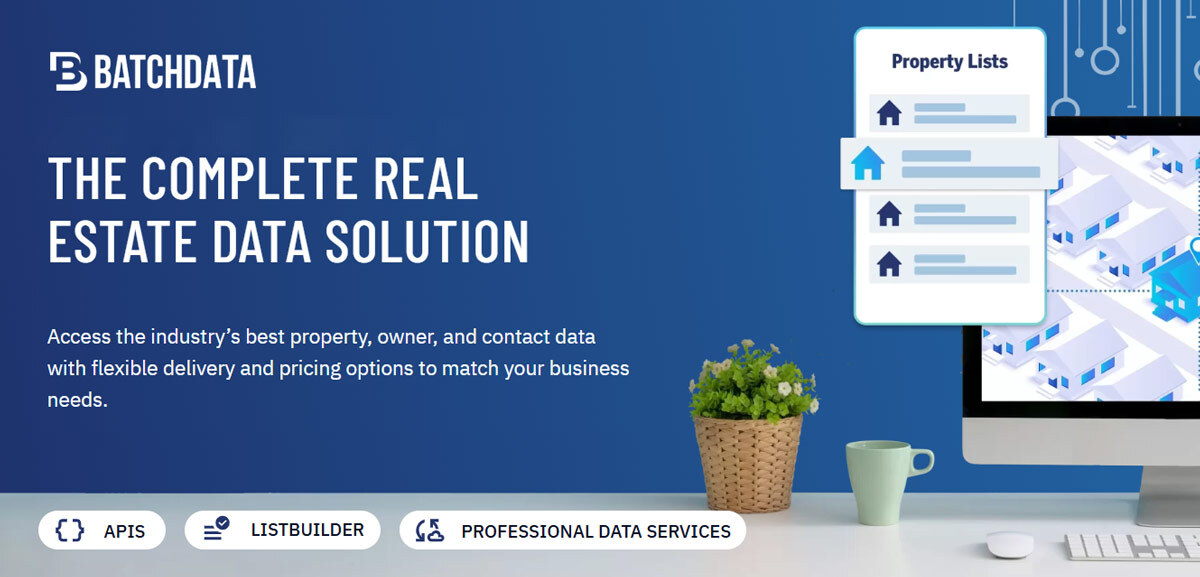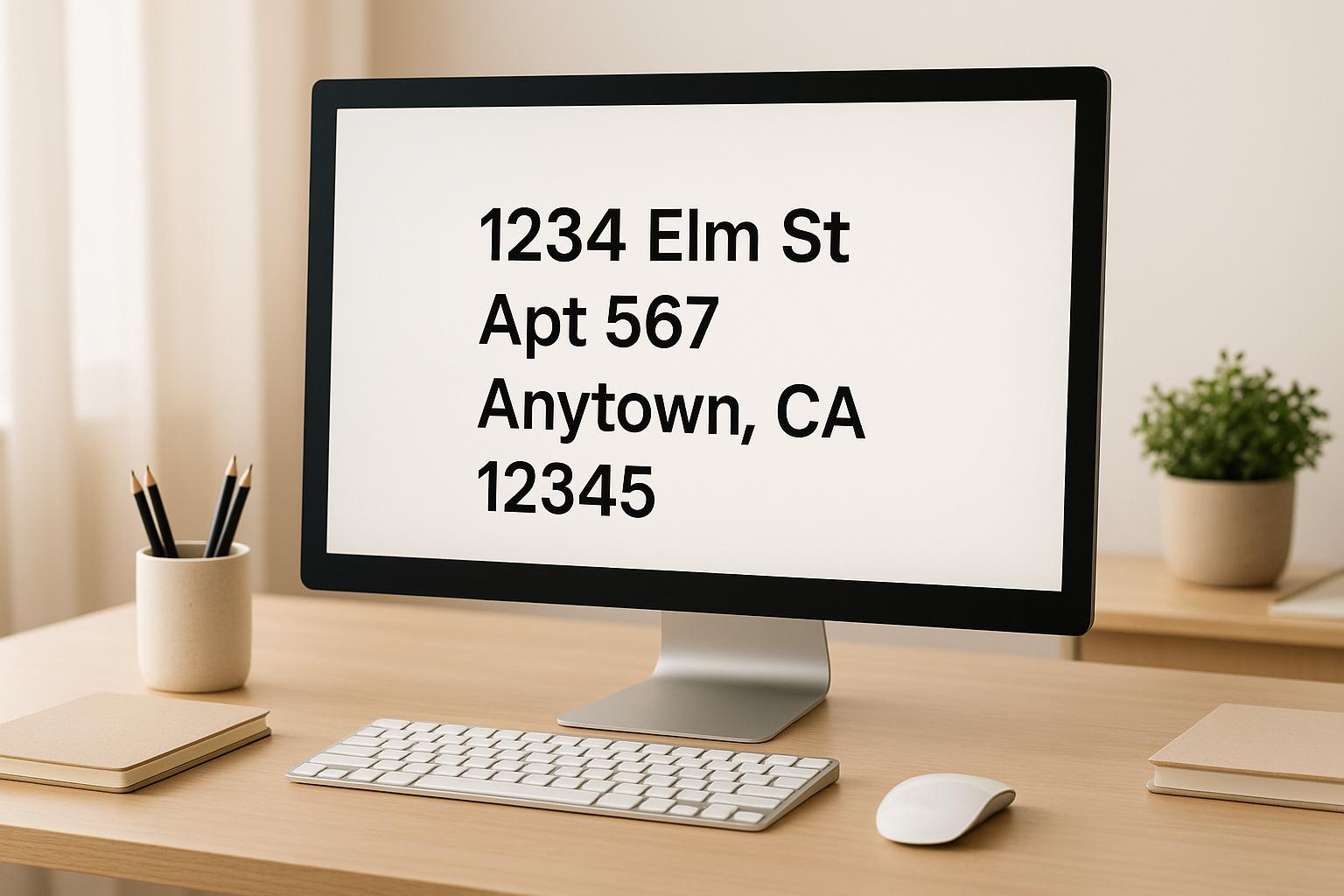The real estate sector, a $70 trillion behemoth employing 14 million people in the U.S., is at a crossroads. Rising interest rates, labor costs, and housing shortages, coupled with the evolving use of land and buildings, have revealed critical inefficiencies in how properties are managed, marketed, and developed. Enter PropTech and Artificial Intelligence (AI) – two transformative forces offering scalable, data-driven solutions to tackle these challenges head-on.
This article will explore how PropTech and AI are modernizing real estate operations, improving tenant experiences, and addressing industry bottlenecks, as shared by industry leaders during an expert discussion. From unlocking actionable insights with data to the ethical dilemmas of automation, here’s what you need to know about the future of real estate technology.
The Real Estate Landscape and Its Pressures
Real estate doesn’t just provide shelter; it plays a crucial role in the economy, contributing $600 billion in taxes that fund critical services like local education. However, the industry is under pressure due to:
- Rising costs: Labor and materials are becoming more expensive, squeezing profit margins.
- Housing shortages: A longstanding issue exacerbated by slow construction methods and zoning restrictions.
- Vacancy challenges: Office spaces, particularly in urban hubs, are experiencing record-high vacancy rates post-pandemic.
- Data inefficiencies: Much of the industry operates on outdated systems or guarded information silos.
These challenges make it clear that innovative solutions are required to streamline operations, improve accuracy, and boost decision-making.
What Is PropTech?
PropTech, short for Property Technology, encompasses digital tools and platforms that aim to modernize various aspects of real estate operations. These innovations cover everything from automated property valuation and lease management to IoT-powered predictive maintenance and energy management systems.
AI, as part of the PropTech revolution, plays a pivotal role in automating mundane tasks, processing unstructured data, and improving decision-making through predictive analytics. This combination enables real estate professionals and organizations to work smarter, not harder.
Key Innovations in PropTech and AI
1. Data-Driven Insights for Better Decision-Making
AI-powered tools are enabling unprecedented transparency and operational efficiency. For example, platforms now analyze vast amounts of leasing data, phone calls, and tenant feedback to reveal actionable insights. These insights can:
- Predict tenant preferences.
- Highlight inefficiencies in leasing processes.
- Help property managers understand market trends more accurately.
As one panelist shared, "We’ve analyzed hundreds of thousands of leasing phone calls and uncovered ways to improve lead-to-tour conversions by 6x – insights that wouldn’t have been visible without aggregating data from multiple sources."
2. Improving Tenant Experience
The next frontier in real estate isn’t just about managing properties – it’s about improving tenant satisfaction. Personalized AI systems are already being used to:
- Recommend housing options based on renters’ specific needs.
- Automate responses to tenant maintenance issues, leading to faster resolutions.
- Create seamless leasing journeys with real-time data integration.
Yet, there’s room for growth. One panelist highlighted the lack of innovation in middle-income and workforce housing, particularly in providing flexible mid-term rental options.
3. Automation of Administrative Tasks
Agentic AI – systems that act semi-autonomously – is revolutionizing administrative tasks within real estate. Property managers and brokers can now automate processes like vacancy reporting, tenant screening, and lease drafting. This reduces the workload for human teams while ensuring accuracy and speed.
However, as another expert pointed out, automation must be approached carefully: "Are we automating the right things, or are we just automating poor practices? It’s crucial to rethink these processes before applying AI."
4. Combating Data Hoarding and Closed Systems
One of the most significant hurdles in PropTech adoption is the reluctance of brokers, landlords, and even tenants to share data. Transparency is often sacrificed for competitive advantage. For instance, some property owners intentionally keep vacancy data off their websites to force inquiries through brokers, maintaining control over the information flow.
To address this, platforms are creating secure ways to aggregate and anonymize data, ensuring insights are shared without breaching confidentiality. This fosters trust while enabling better decision-making across the industry.
Challenges in PropTech Adoption
While the potential of PropTech is immense, its integration isn’t without hurdles:
- Resistance to Change: Real estate has long relied on traditional methods, and many professionals are hesitant to adopt new technologies.
- Job Displacement Concerns: Automation poses a risk to support staff roles, creating ethical and social challenges.
- Complexity of Integration: Many real estate systems operate in silos, making it difficult to implement unified PropTech solutions. One panelist shared how property management systems (PMSs) often have outdated or prohibitively expensive APIs, frustrating developers and users alike.
- Fear of AI: Leasing agents and brokers often perceive AI as a threat to their jobs, even when the goal is to augment rather than replace their roles.
Opportunities for Innovation
Beyond the challenges, there lies enormous potential for innovation. Panelists highlighted several "low-hanging fruit" in PropTech that could significantly impact the industry:
- Unified Data Systems: Platforms that aggregate and standardize data from multiple property management systems.
- Mid-Term Rental Pricing Insights: Tools to address the gap in data for furnished rentals spanning 1–11 months.
- Tenant-Centric Platforms: Applications that prioritize tenant experiences, from smoother lease negotiations to faster maintenance responses.
- Dynamic Space Planning: AI systems that analyze market data to suggest the highest and best use for properties, particularly for adaptive reuse projects.
Ethical Considerations and the Human Element
As AI continues to evolve, industry leaders emphasize the importance of balancing automation with human expertise. While AI can streamline tasks and uncover insights, it’s the human touch that fosters trust and builds relationships – elements that are irreplaceable in real estate.
For example, one panelist shared how empowering leasing agents with AI-driven tools to have more personalized conversations led to better outcomes than fully automating the process. "You’ll never get the same level of connection from a chatbot as you would from a skilled agent using AI-enhanced insights", they noted.
Key Takeaways
- Data is king, but collaboration is key: To unlock the full potential of PropTech, companies must foster transparency and find ways to securely share aggregated insights across stakeholders.
- AI augments, not replaces: The goal is to empower brokers, leasing agents, and property managers with tools that enhance their effectiveness – not erode their roles.
- Focus on tenant experience: The future of real estate lies in creating better experiences for the end user, from personalized leasing solutions to faster maintenance responses.
- Innovate for underserved markets: Opportunities abound in affordable housing, mid-term rentals, and adaptive reuse projects – sectors that have historically been overlooked by PropTech innovations.
- Start small, then scale: Companies should focus on solving one specific pain point before expanding into more complex systems.
Closing Thoughts
PropTech and AI are not just buzzwords – they’re essential tools for navigating the complexities of modern real estate. By embracing these technologies, companies can uncover hidden efficiencies, improve tenant satisfaction, and adapt to shifting market demands. However, success in this space requires more than just innovation; it requires collaboration, ethical considerations, and a commitment to solving real-world problems.
As the real estate sector continues to evolve, one thing is clear: the future belongs to those willing to embrace change and harness the transformative power of technology.
Source: "How Proptech is Shaping the Future of Real Estate" – Startup Boston, YouTube, Sep 17, 2025 – https://www.youtube.com/watch?v=qFtCsJGQKjQ
Use: Embedded for reference. Brief quotes used for commentary/review.



